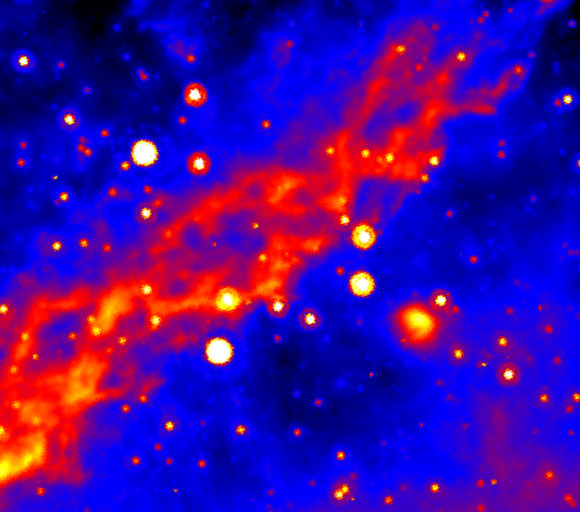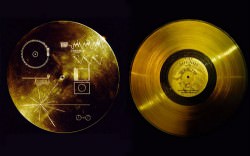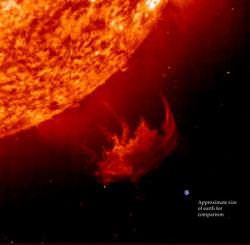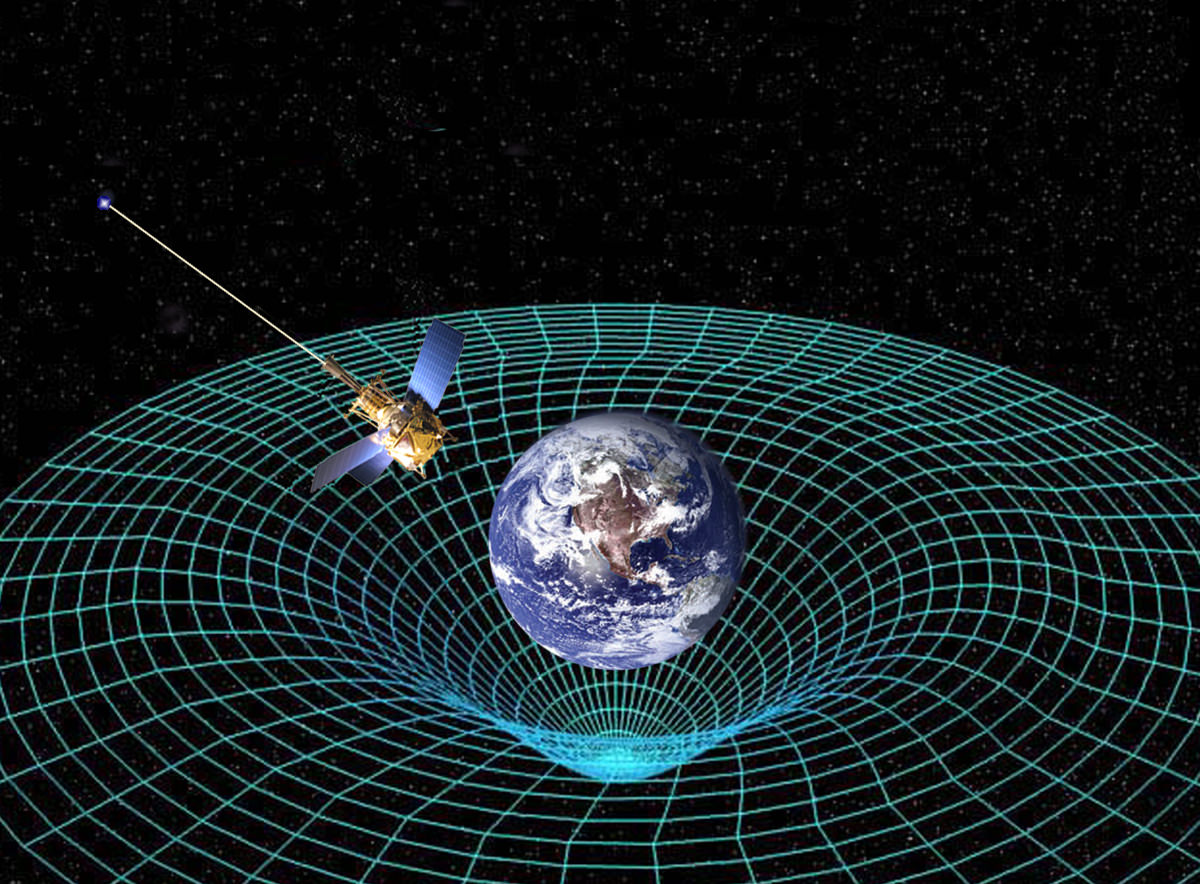I’m going to put on a different hat here and post something about the “other” website that’s been keeping me busy for the past three years, the 365 Days of Astronomy podcast. Our team is proud to announce that the podcast is continuing for another year in 2012. So, if you’ve been considering contributing a podcast to the 365 Days of Astronomy but just haven’t gotten around to it yet, here’s your chance.
I’ve said this before, but as far as we can tell, 365 Days of Astronomy is the most popular and successful user-generated podcast ever, as each podcast is heard thousands of times. If you’re looking to share your experiences, thoughts, feelings, discoveries, or anything about space and astronomy, this is an opportunity to find your voice and an audience to listen.
The past three years I’ve been the Project Manager for 365 Days, but we’ve hired a new PM, Avivah Yamani, an educator and writer who is involved extensively with astronomy communication to the public, so she’s perfect for the job! I’m not going anywhere, and am now an advising producer for the show.
How can you get involved? Visit the 365 Days of Astronomy’s “Join In!” webpage for more information. Below is our official press release:
The award-winning 365 Days of Astronomy Podcast is proud to announce the project will continue for yet another year – its fourth consecutive year — and is now accepting sign-ups for participants for more podcasts in 2012.
365 Days of Astronomy is a legacy project of the International Year of Astronomy (IYA), and in 2009 was a major project of the IYA. All the podcast episodes are written, recorded and produced by people all around the world.
“During the past three years, we’ve shared astronomy with the world, and we’ve heard from many different voices in astronomy – from professionals and amateurs to those who just enjoy the all the incredible discoveries and beautiful images of our Universe,” said Nancy Atkinson, who is now an advising producer for the project.
During the previous years, 365 Days of Astronomy published one podcast for every day of the year. In 2012, the podcast will combine new podcasts with “encore” editions of popular past shows.
The 365 Days of Astronomy podcast is now looking for individuals, organizations, schools, companies and clubs to submit 5 – 10 minutes of audio for the “new” daily podcasts which will air Monday-Friday. Participants can sign up to record just 1 episode or up to 12 episodes (one per month.)
People from every continent except Antarctica have submitted podcasts the past three years, and the 365 Days of Astronomy team encourages a more diverse population from even more countries to sign up for 2012.
To help facilitate that, 365 Day of Astronomy has a new Project Manager, who is based in Southeast Asia.
“We are hoping to increase our international voices, and have hired Avivah Yamani as our new project manager to help us in this goal,” said Dr. Pamela Gay, Executive Director of Astrosphere New Media, which is “home” to the 365 Days of Astronomy podcast. “As in previous years, we are looking to sign up a variety of participants, from amateur astronomers, classroom teachers and students to scientists, science bloggers and big media companies.”
2012 continues the Year of the Solar System, which marks an unprecedented flurry of robotic exploration of space, and is the perfect opportunity for more of the public to become involved in creating podcasts to share astronomy with the world.
The 365 Days of Astronomy has gained a wide audience, and each podcast is heard by 3,000 – 10,000 listeners. The project was awarded a Parsec Award in 2009 for “The Best Info-tainment” podcast in 2009, and was nominated for the “Best Fact Behind the Fiction” award in 2010.
The project is also asking individuals and organizations for financial support.
The podcast team also invites people and organizations to sponsor the podcast by donating $30 to support 1 day of the podcast, with your dedication appearing at the start of the show. For just $360, it is possible to sponsor 1 episode per month. Alternatively, you can also have a dedication message at the end of the show for a week, for a donation at the $100 level. These donations will help pay for editing, and posting of the podcasts.
For more information visit:
365 Days of Astronomy: http://365DaysOfAstronomy.org.
Astrosphere New Media: http://www.astrosphere.org/
Year of the Solar System: http://solarsystem.nasa.gov/yss/index.cfm














